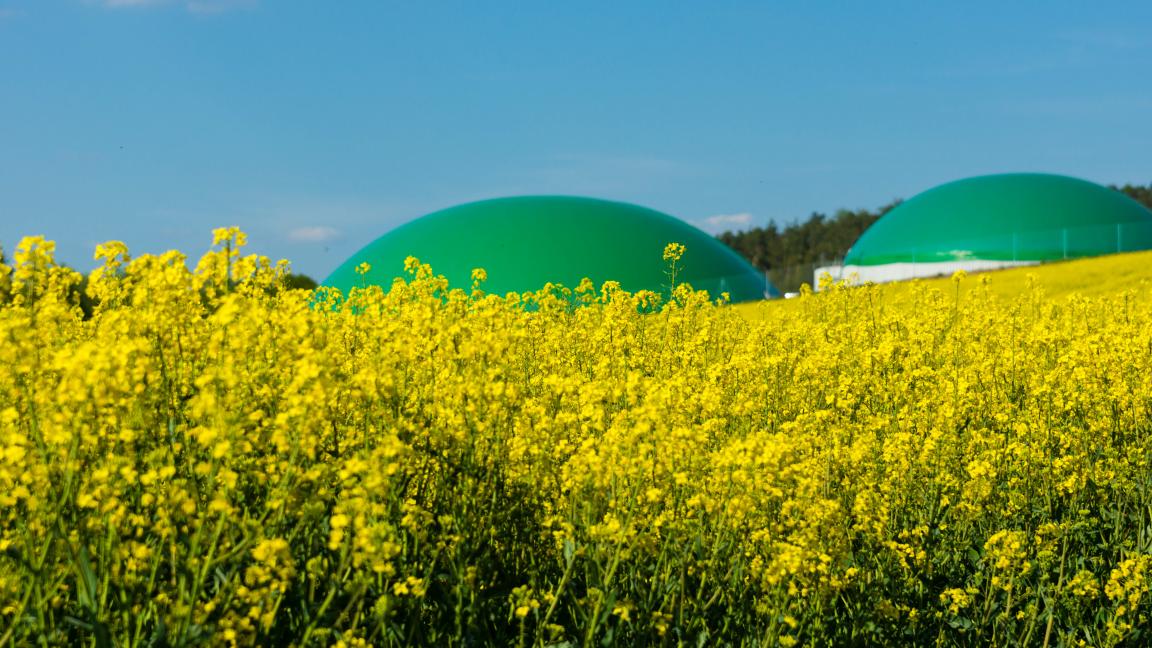Biogas plays a key role in developing circular economy solutions and increasing the share of renewable energy sources in the energy system. The Finnish Government aims to quadruple the biogas production target by 2030. However, uncertainties related to the availability and price of biogas, as well as dispersed biomasses with their logistics and cost challenges, weaken the attractiveness of the necessary investments and the integration of new operators into the biogas ecosystem.
In the Ostrobothnian regions, demand exceeds current biogas production, but there are no system-level solutions in place for operators that would bring them together, aim to eliminate current challenges and bottlenecks, or offer value-added services for expanding and growing biogas business. The need for digital solutions that enable cooperation between operators in the sector is obvious.
– Previous studies have found that agricultural fertilizers and side streams have the greatest input potential in Finland. That is why the development of biogas hubs based on food systems is particularly important in strong agricultural areas, such as South Ostrobothnia, says Senior RDI Expert Kari Laasasenaho from Seinäjoki University of Applied Sciences.
Project accelerates the development of regional biogas ecosystems
The DigiBiogasHubs project, which will be implemented in three regions: Ostrobothnia, Central Ostrobothnia and South Ostrobothnia, expands understanding of unutilised biomass and aims to find a value-adding way for new actors to join the biogas ecosystem through a digital platform. The concrete results of the project include, for example, a digital platform concept and piloting of the platform as well as selected platform services, a cooperation and interaction model, and an analysis of legal framework conditions.
– The results will support and accelerate the development and growth of the biogas market and regional biogas ecosystems, reduce carbon dioxide emissions and waste, increase the amount of renewable energy in the energy system, and improve regional energy self-sufficiency and security of supply, says Postdoctoral Researcher Kirsi Spoof-Tuomi from the University of Vaasa.
In addition, the project creates new information for actors about biogas-related opportunities in the region. The results are valuable not only for the actors in the biogas ecosystem, but also for cities, municipalities and regional developers.– Biogas plays an important role as a green fuel and is well suited as a fuel for Wärtsilä's gas products both now and in the future. The DigiBiogasHubs project is an important enabler in exploiting this potential, says Jonas Åkerman, Director of Research and Technology Development, Wärtsilä Marine.
The research project DigiBiogasHubs is co-funded by the European Union and coordinated by the University of Vaasa research and innovation platform VEBIC. The project partners are Centria and SeAMK. Other funders are Wärtsilä, Stormossen, PK Biogas, the City of Kokkola, the City of Kannus, and the Kaustinen sub-region. The project started in December 2023 and will last for two years.
Further information
Kirsi Spoof-Tuomi, postdoctoral researcher, University of Vaasa
kirsi.spoof-tuomi@uwasa.fi, +358294498322

